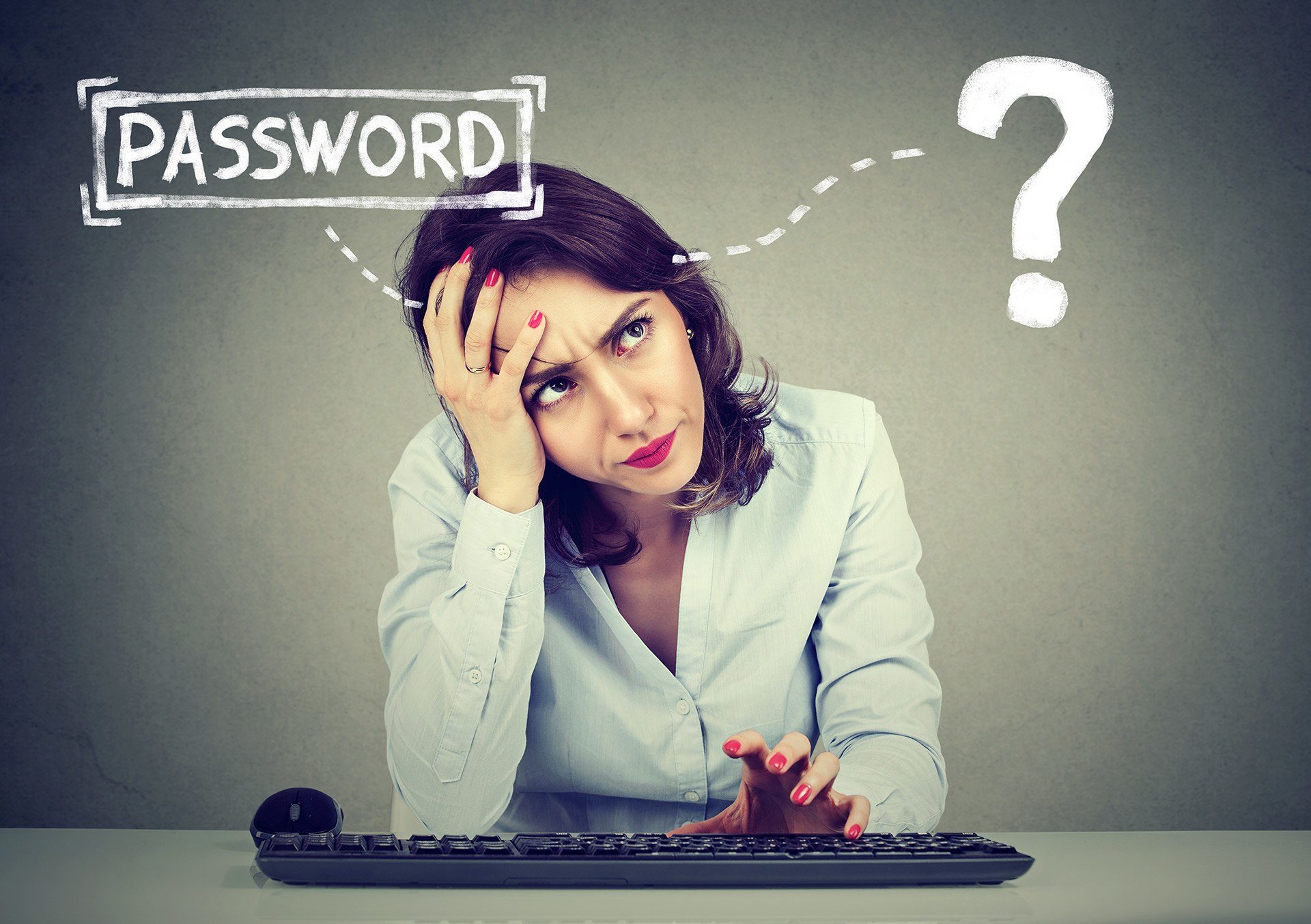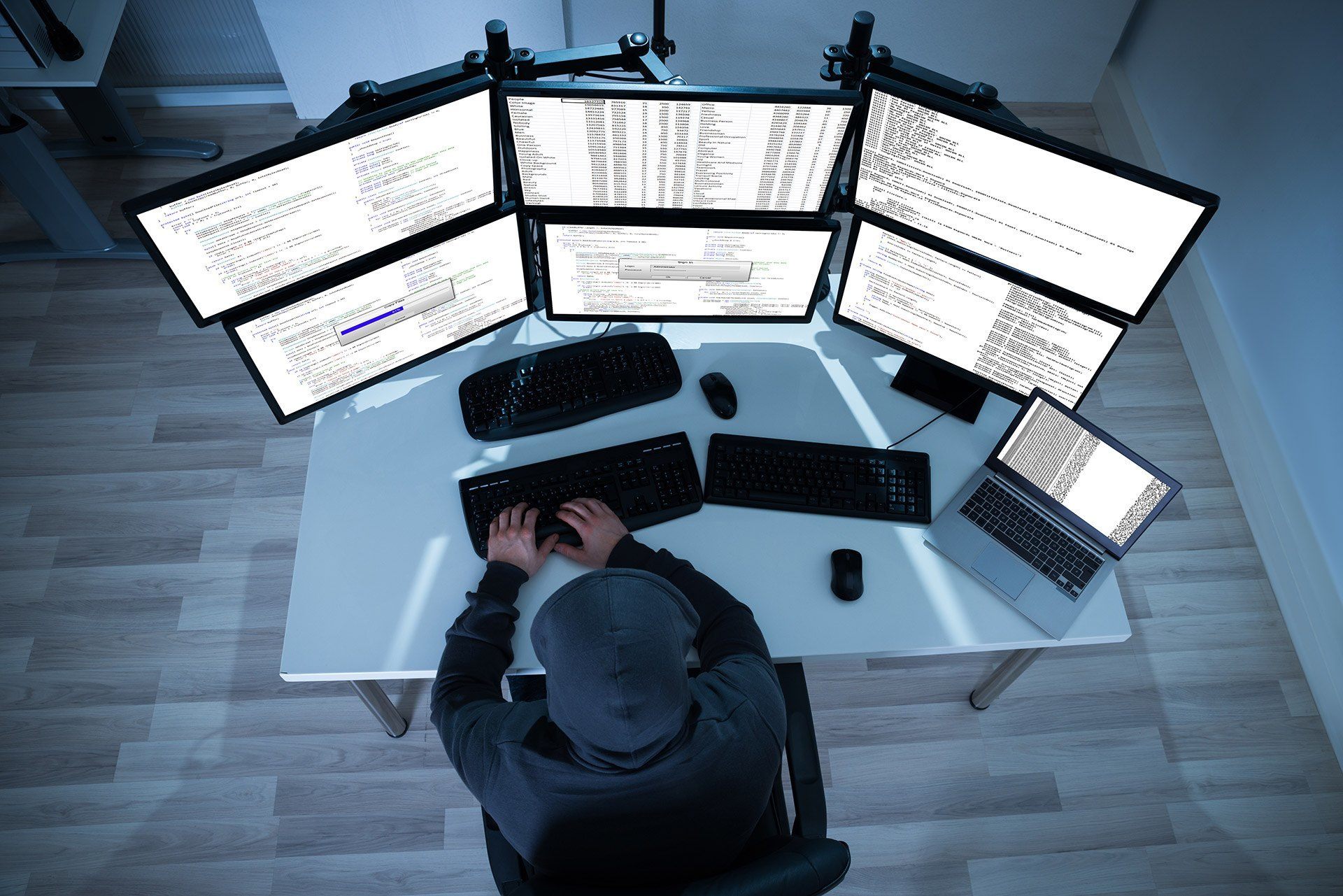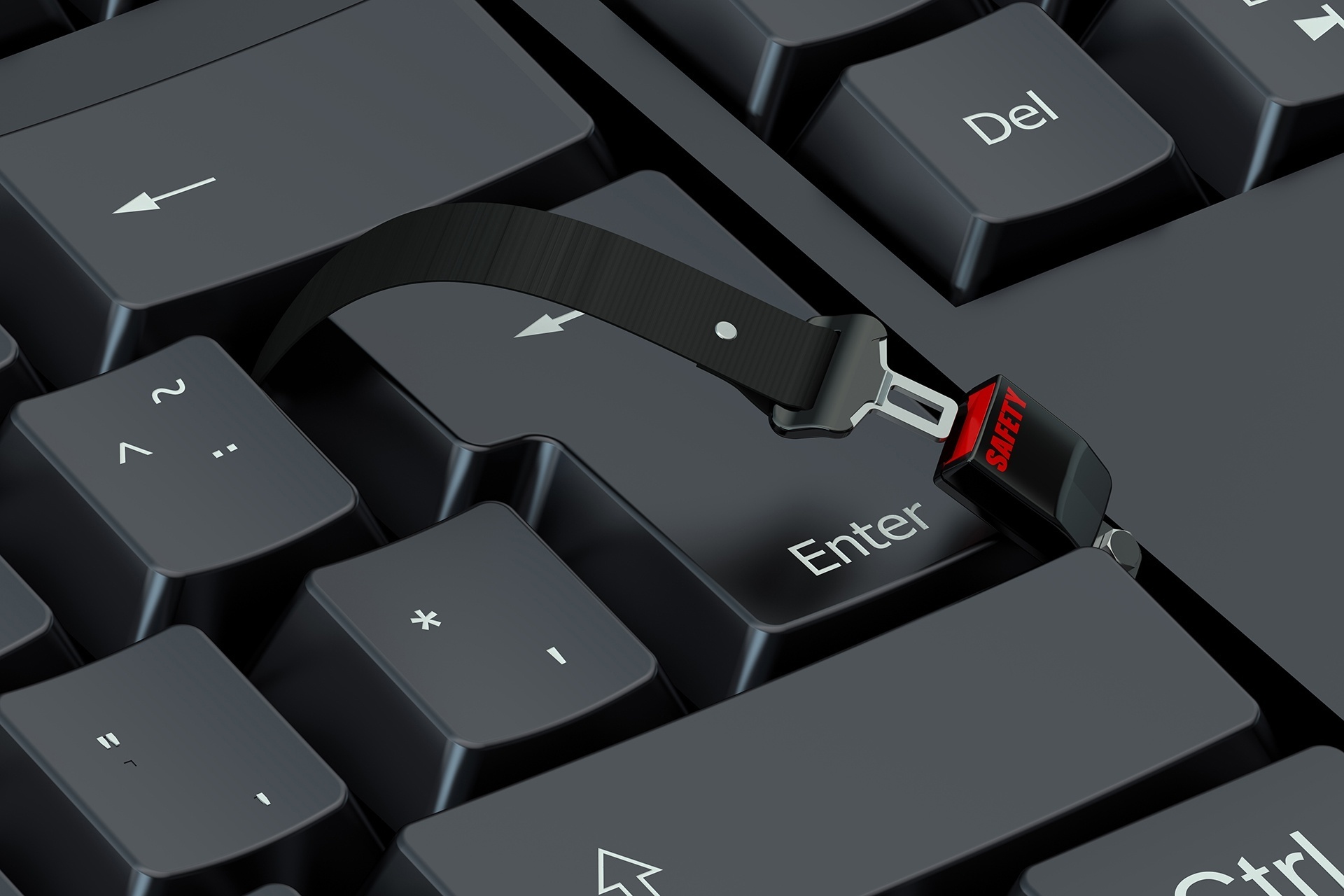Thanks to the internet, many businesses now allow employees to work remotely part of the time or even most of the time. However, this presents a whole slew of security concerns. Here are some cyber security tips for employees who work remotely.
Be Wary of Anything Public
Public WiFi certainly makes staying connected easier, but consider having a policy that employees are not allowed to use public wifi when doing work stuff. This is the best way to prevent passwords from getting stolen or devices from becoming compromised on unsafe WiFi networks. At the very least, have some rules in place about which networks are acceptable and what kind of activity can be done when connected to them. Employees can also use their mobile phones as a hot spot if they need to stay connected. In addition, make sure your employees avoid using public computers whenever possible. The same goes for working in a public area where everyone can watch what you are doing.
Be Wary of BYOD
If you have a BYOD (bring your own device) policy, you can’t really control what employees do on their laptops or phones. One compromised device can endanger the entire network. Consider issuing laptops and tablets specifically for work and prohibiting other devices from using your WiFi. Each work-issued device should only be able to access the data that that specific employee needs. This way, you will mitigate the risks of data becoming compromised.
Encrypt Your Email
Email is one of the most common ways hackers get access to a network. Use tools or a service to encrypt your work-related emails.
Train Your Employees
Train your employees regularly on good cyber security practices. Chances are that many are simply ignorant about what to do and what to avoid. A monthly training session can go a long way.
For more cyber security tips, contact us today.











